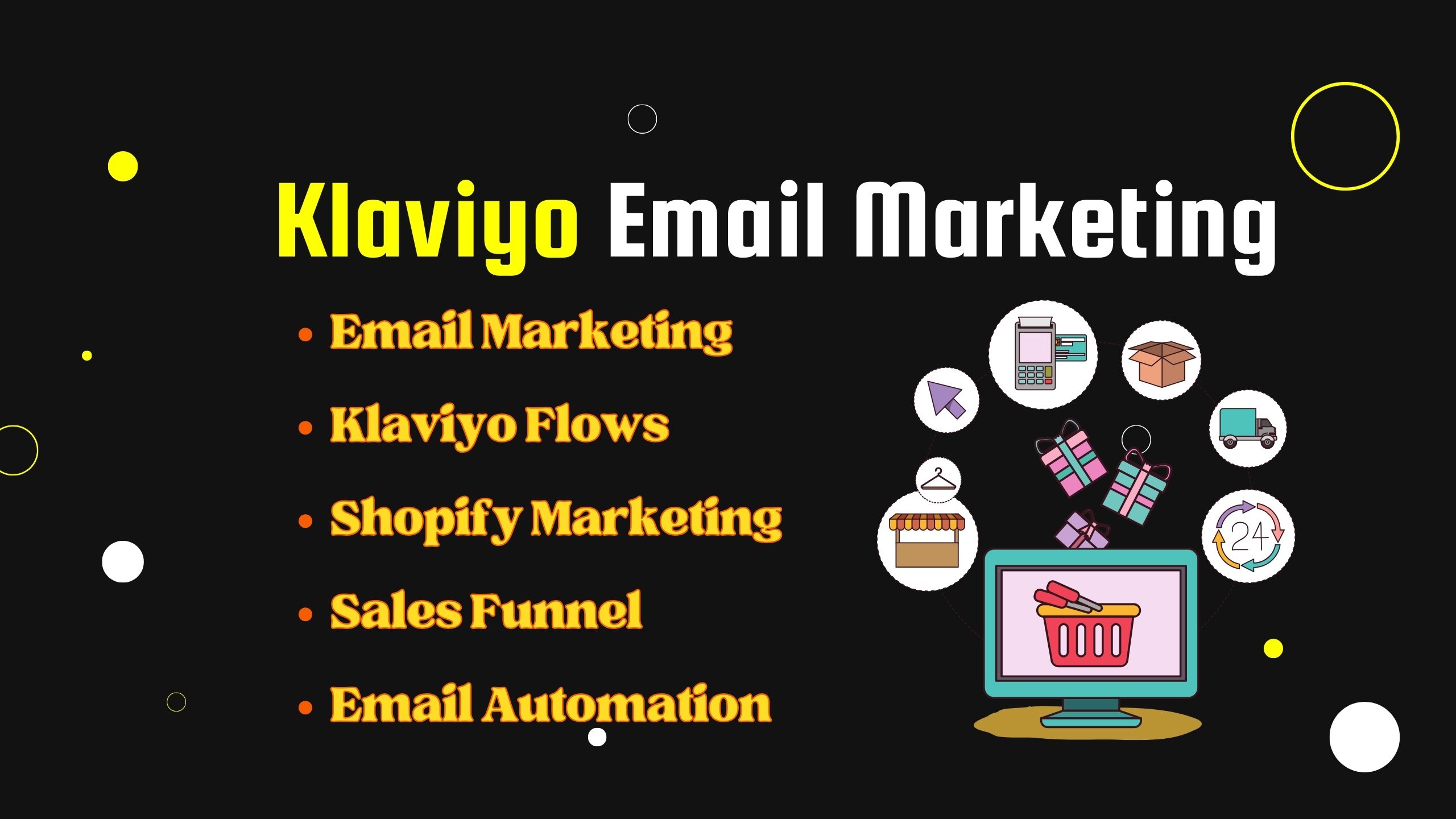Email Marketing For Consultants
I Do Email Marketing For Consultants To Find Or Attract Potential Clients. I propose a commission-based arrangement, where you only pay when you see results. All I need is for you to provide the necessary tools and leads, and I'll take care of the rest. Interested?
Expert Cold Email Outreach for Your Consulting Business 🚀🎯
My name is Md Tangeer Mehedi, and I specialize in driving business growth through highly effective cold email marketing strategies. As an experienced Cold Email Outreach Specialist with a proven track record in B2B lead generation and appointment setting, I am reaching out to offer my services to elevate your consultancy business.
✅Why Cold Email Marketing?
Email marketing is a powerful tool that allows you to connect directly with potential clients who are actively seeking your services. It provides a targeted approach to engage decision-makers and maximize your deal acquisition efforts.
By consistently reaching your audience where they are— in their email inboxes— you can establish a direct line of communication and significantly increase your chances of converting leads into clients.
✅My Approach: Research, Plan, Collaborate
Here is a snapshot of how I work:
Research Your Business: I will thoroughly research your business to understand your unique value proposition and target audience.
Provide a Plan: Based on the research, I will develop a customized cold email marketing plan tailored to your business goals.
Work Together: Throughout the process, we will collaborate closely to ensure the strategy aligns with your vision and objectives.
✅What I Offer:
I specialize in providing comprehensive cold email marketing services specifically designed for Business Coaches and Franchise Consultants like yourself. My services include:
Lead Identification: Targeting decision-makers who are the best fit for your offerings.
Professional Service Offering: Crafting compelling emails to present your services in the most effective manner.
Reply Management: Handling responses, answering queries, and scheduling meetings to move prospects through the sales funnel.
✅My Expertise:
With three years of proven experience in the industry, I have successfully empowered businesses through:
Cold Email Services
Email Account Setup
Lead Generation from LinkedIn
Campaign Setup and Optimizations
DNS Configuration with SPF, DKIM, and DMARC Records
Inbox Setup and Warmup
Email Verifications
✅Tools I Utilize:
I am proficient in using industry-leading tools such as instantly, SalesHandy, Lemlist, Zoho, Apollo, and more to streamline the cold email marketing process.
✅The Process Simplified:
Finding Prospect Leads: Identifying the best-fit clients for your offerings.
Offering Your Services: Professionally presenting your services to qualified prospects.
Getting Clients: Converting responses into clients, with me managing the process seamlessly on your behalf.
✅Why Choose Me?
Proven Track Record: Three years of successful B2B lead generation and appointment setting.
Specialization in Your Industry: Expertise in working with Business Coaches, Franchise Consultants, and B2B Marketing Agencies.
Comprehensive Services: From lead identification to email verifications, I cover every aspect of cold email marketing.
Adaptability: Continuously learning and staying ahead of industry trends to provide cutting-edge solutions.
If you are seeking a dedicated professional who can deliver high-quality leads, close sales, and set appointments that convert, I am confident in my ability to meet and exceed your expectations. Let’s connect to discuss how my cold email marketing strategy can elevate your consultancy business.
I look forward to the opportunity of working together.
Best Regards,
Md Tangeer Mehedi

